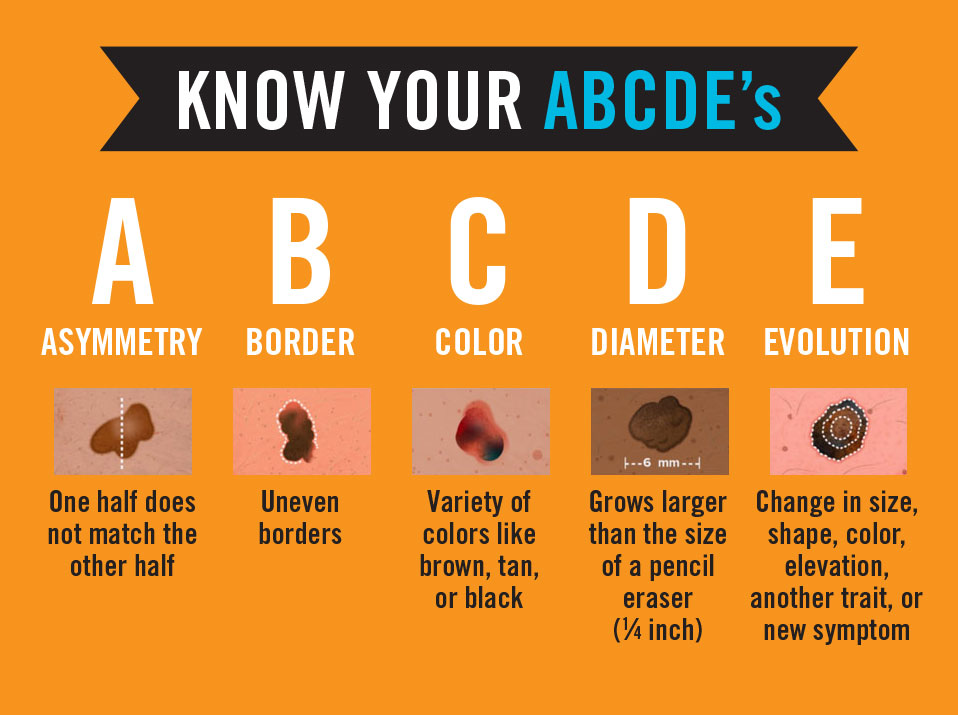Skin Cancer Screening
What is a skin cancer screening?
A skin cancer screening is similar to a physical exam, but just for the skin. Instead of the doctor listening to your lungs and heart, he/she will look at all your moles and skin blemishes to determine if you have any that could be dangerous. The screening is performed by a dermatologist trained in identifying skin cancers at their earliest stages.
Should I have a skin cancer screening?
Whether or not you should undergo a skin cancer screening depends on a number of factors. These include age, skin color, history of sunburns, number of moles, previous history, and family history. Every patient is unique and your dermatologist or primary doctor can tell you if a skin cancer screening should be performed.
How often should I undergo a skin cancer screening?
When you come for your first screening, your dermatologist will talk to you about your individual risk and make a recommendation on how often you should be screened. Some patients don’t need to return for routine screening, while others may need to come back yearly or sooner.
What are the benefits of a skin cancer screening?
Skin cancer screenings let the doctor identify dangerous spots on your skin as early as possible. The earlier a dangerous spot is identified, the easier it is to treat and the better your outcome will be. Many pre-skin cancers can be easily treated in the office without surgery.
What will happen during my screening?
You will be brought into an exam room and asked to change into a gown. Some patients elect to keep their underwear on, while others prefer a full screening of all skin. You will be asked about your risk factors and then the doctor will thoroughly look at your skin one area at a time. Sometimes the doctor will see a mole or blemish and want to magnify it to look at subtle details. The entire exam can last from just a few minutes to much longer, all depending on the condition of your skin and how many spots the doctor has to look closely at.
What to Expect During Your Yearly Skin Exam
What happens if the doctor finds a spot that could be cancer?
The doctor will discuss your options with you. If a biopsy is needed, the doctor will offer you one that same day. Most patients prefer to have the biopsy done at the same visit, but occasionally a patient will want to schedule for another day.


